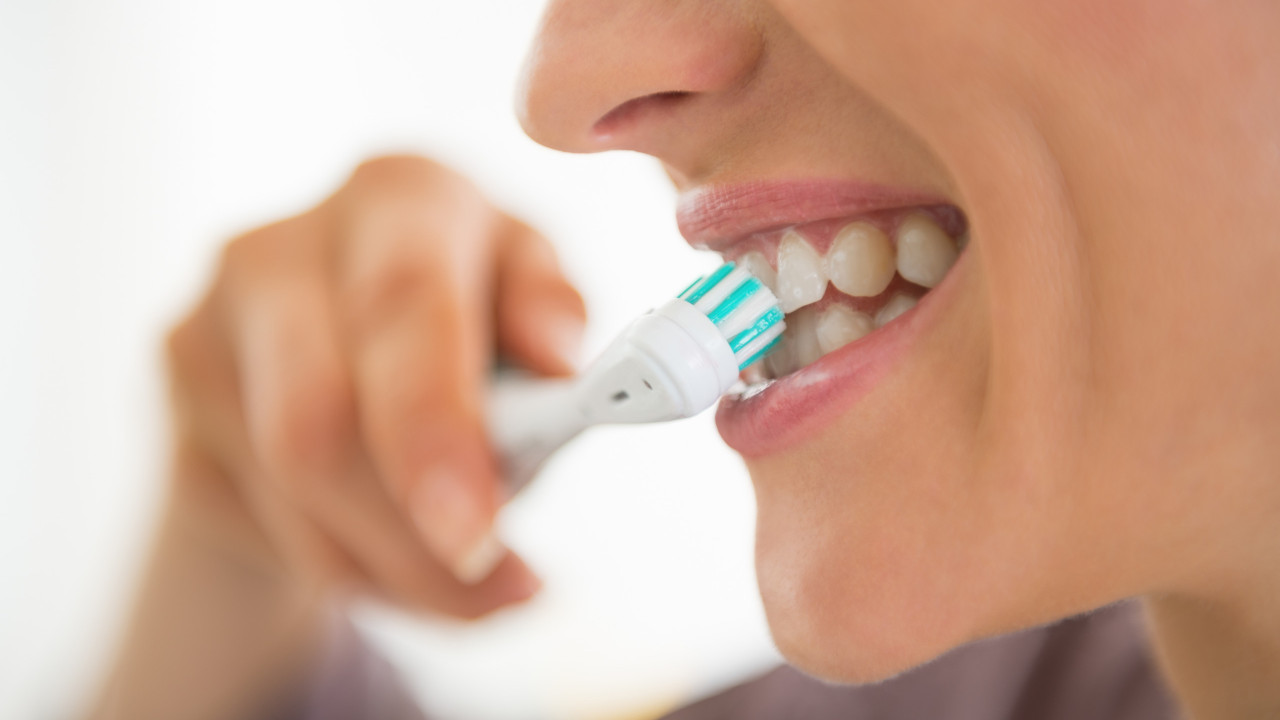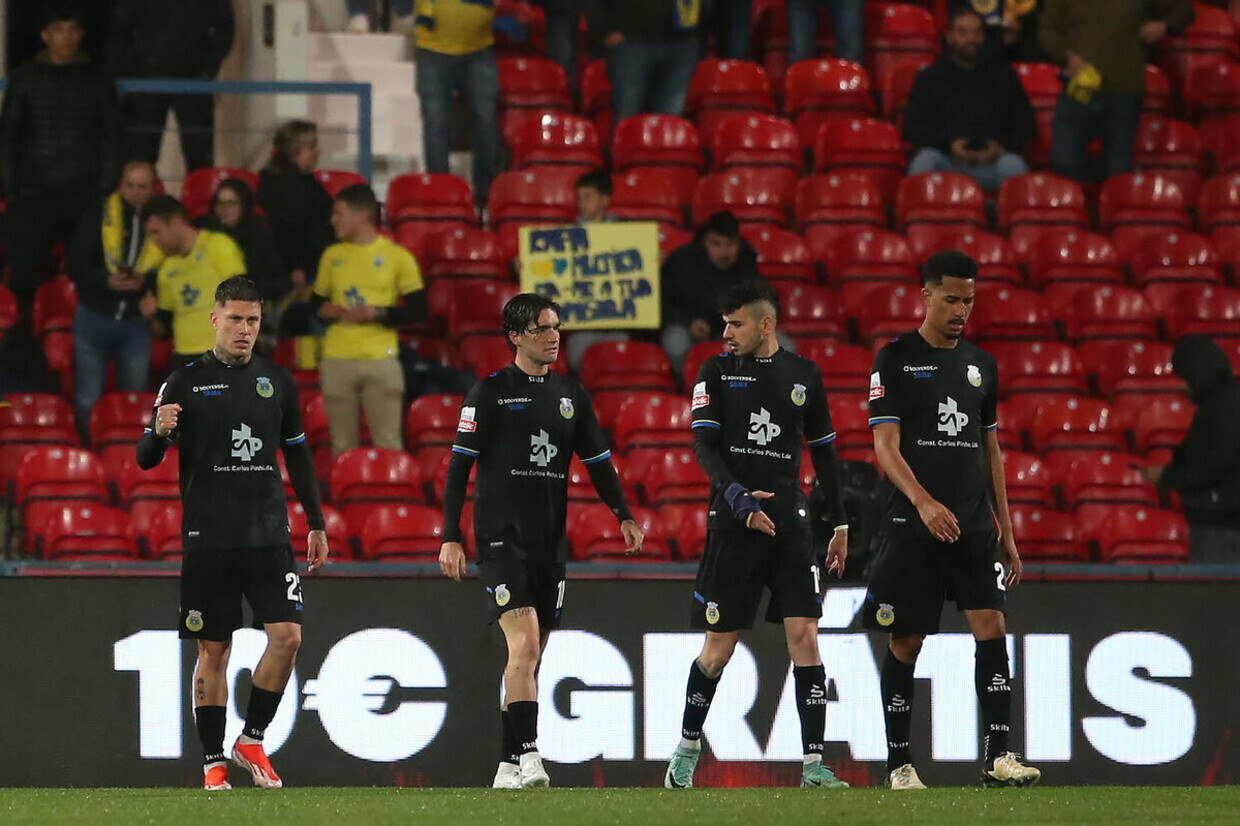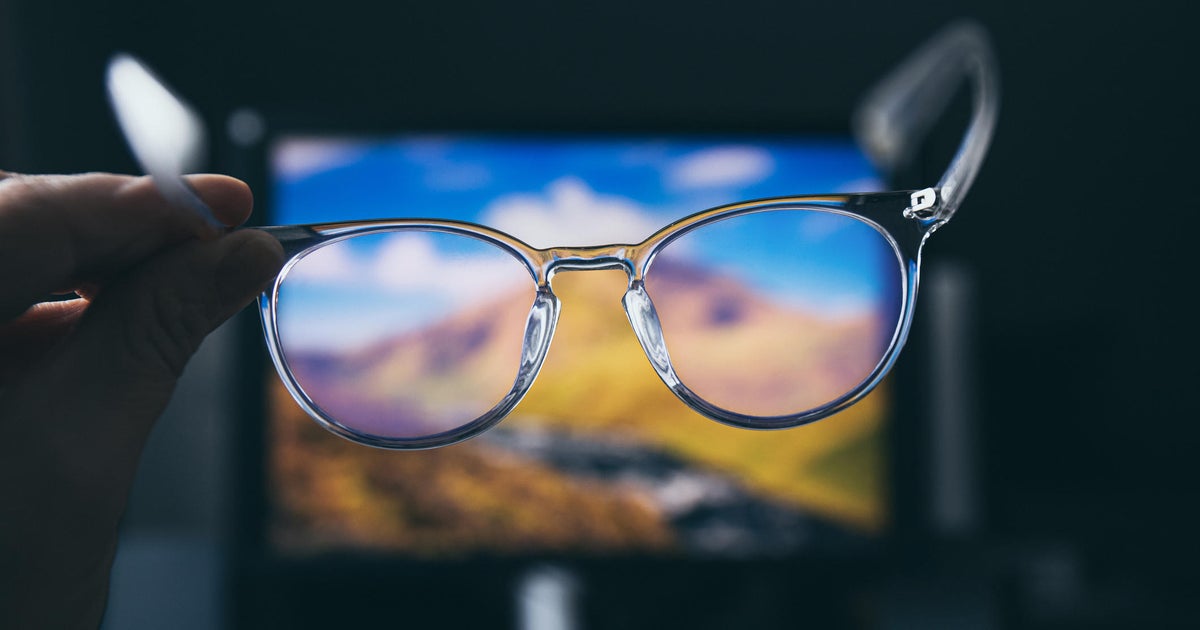Blue light glasses have become popular in recent years with the idea of protecting our eyes. screen application But new analyzes show that they may not be as good for eye health as previously hoped.
The researchers reviewed data from 17 randomized clinical trials—”the best current evidence” they could find on the subject—and Results published Friday in the Cochrane Database of the Journal of Systematic Reviews. discoveries? Glasses that are marketed to filter out blue light are not likely to make any difference to eye strain. sleep quality.
“Compared with non-blue light-filtering lenses, we found no short-term benefit of using blue-light-filtering glass lenses to reduce eye strain associated with computer use,” said Laura Downie, senior review author, assistant professor of medicine. . a. Professor at the University of Melbourne, Victoria, Australia press release.
“It is currently unclear whether these lenses affect vision quality or sleep-related outcomes, and no conclusions can be drawn about potential effects on long-term retinal health,” he added. “People should be aware of these findings when deciding to purchase these glasses.”
The studies they reviewed varied in size and duration, with five to 156 participants assessed at various intervals, ranging from one day to five weeks. The authors said more research with longer follow-up in more diverse populations is needed to better assess any potential effects.
Lead author Dr Somair Singh, a postdoctoral researcher in Downey’s lab, advised further research: “(Further studies) should look at whether efficacy and safety outcomes differ between different groups and whether they use different types of lenses.
The blue light emitted from computer screens and smartphones irritates the eyes. It can cause sleep problems. During the pandemic, doctors have reported an increase in visual impairments related to computer use, including headaches, frontal headaches, pain around the eyes, and pain behind the eyes, as well as eye strain that can lead to dry eyes and related problems.
Americans were also concerned about how increased screen time during lockdowns would affect their eyes. As found in a July 2020 Alcon/Ipsos survey 60% of people They said they were concerned about the potential impact.
Vendors of blue-light-blocking glasses or filters promise a solution — but this isn’t the first time experts have questioned their effectiveness.
ophthalmologist Dr. Robert Johnson said earlier this year CBS News Pittsburgh While he is concerned about the effect of screens on our vision, blue light blockers are not the answer.
“I would say patients ordered blue goggles from the Internet for their daughters, and that’s what I mean,” he said. “This blue lock situation is fundamentally wrong. … It is one of those nonsense that comes from advertising.”
But even if blue light blockers do nothing, they won’t hurt you. In fact, he said, “No harm at all.”
However, instead of spending money on special shades, experts advise taking breaks from curtains.
Dr. Christopher Starr, an ophthalmologist at Weill Cornell Medicine in New York, said earlier. “CBS This Morning” There is no need for such glasses for short breaks from looking at the screen.
“It’s important to take breaks and I think that’s the real key here, not having too many mirrors or filters on the screens,” Starr said.
She recommends taking short breaks away from screens every 20 minutes. During this break, look at something at least 20 feet away or more for 20 seconds or more. Close your eyes for 20 seconds during the break.
Johnson also follows the “20-20-20 rule”.
“Every 20 minutes,” he said, “don’t look more than 20 feet away for 20 seconds.” “It relaxes your focusing mechanism, gives your eyes a rest and makes you feel more at ease.”
— John Shumway and Annalisa Novak contributed to this report.

“Coffee trailblazer. Social media ninja. Unapologetic web guru. Friendly music fan. Alcohol fanatic.”






More Stories
Google Pixel 8a: official images confirm more details about the smartphone
Leak Points: Windows 11 24H2 will have a watermark on PCs without AI support
Check Point says 90% of phishing attacks come via email